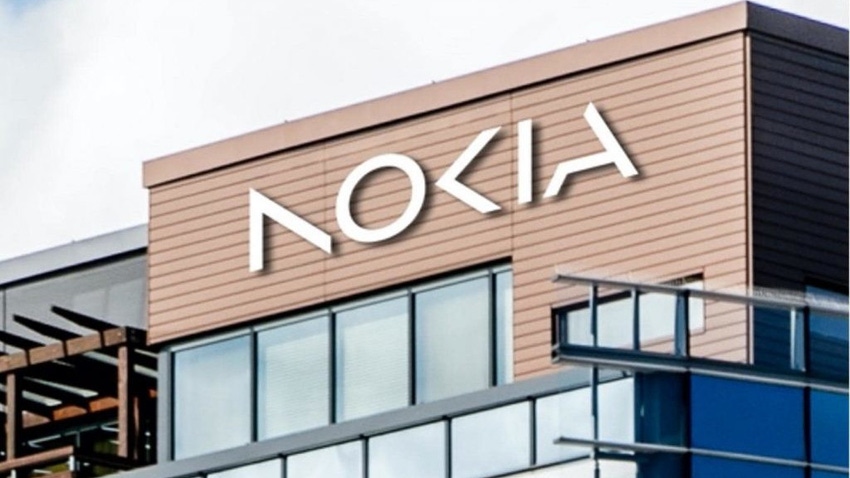Nokia tries to move on from AT&T rejection
Finnish kit vendor Nokia has attempted to draw a line under being chucked by AT&T with a strategy tweak and some shopping.
December 13, 2023

A flood of press releases sent out by Nokia yesterday seemed to be its way of showing how much it has already moved on. The main one was a strategy update that featured tweaks to its Mobile Networks and Cloud And Network Services business groups. We’re told the mobile unit ‘has begun to re-baseline its operations for resilience and profitability’, which seems to mean more cost-cutting. CNS, meanwhile, is embarking on a renewed push into enterprise.
“This October, we announced actions to give the business groups more autonomy and greater agility to pursue opportunities in their respective markets,” said Nokia CEO Pekka Lundmark in the press release. “We are also revamping the strategy for our Mobile Networks business to capture mid to long-term value opportunities… We want to provide better value for customers’ network investments and ultimately create more value for our shareholders.”
This refreshed strategy was probably designed, at least in part, to sugar the pill of a downgrade to Nokia’s 2026 operating margin target from 14% to 13%. This is presumably a direct result of AT&T’s rejection, which was only referred to once in the announcement, in a bullet summarising the outlook for the mobile group.
“The spending environment remains challenging due to market decline in 2023 and a normalization in India in 2024 after rapid 5G deployment,” said the release. “Following that and AT&T’s decision to concentrate its radio network around a single vendor, Mobile Networks’ net sales are assumed to decline. However, MN assumes a low-single digit operating margin due to the actions it is taking to reduce costs.”
Lundmark had a separate chat with Light Reading, in which he explained that he viewed the AT&T move as money, rather than technology, driven. "We currently have about one third of their radio network and our Swedish competitor has two thirds,” he said. “Since they wanted to go for one vendor, it was pretty hard for us. Without knowing exactly what Ericsson offered, the simple math is that if you swap two thirds of the network instead of one third how can you be competitive financially?"
That all makes sense and, as we discussed with the author of that interview in a recent podcast, it’s quite possible that Ericsson was especially uninhibited in its seduction of AT&T. In that pod we also examined how substantial the OpenRAN nature of the AT&T/Ericsson deal really is. Nokia has historically been more proactive than Ericsson in this area and it’s presumably no coincidence that Nokia’s first rebound announcement was of its role in a Deutsche Telekom OpenRAN deployment.
“We are proud to partner with Deutsche Telekom, the largest mobile network operator in Europe, to start deploying a commercial multi-vendor Open RAN network in Germany with Fujitsu,” said Nokia mobile boss Tommi Uitto in that announcement. “Nokia’s industry-leading radio access portfolio and baseband software ensures that multi-supplier O-RAN systems can be deployed without any compromises in terms of performance, energy efficiency, or security… This is another step highlighting Nokia’s commitment to OpenRAN.”
Sometimes the best way to deal with a painful breakup is a bit of retail therapy. The other more significant announcement among yesterday’s PR outburst was Nokia’s acquisition of Fenix Group, a privately-owned US company that specialises in battlefield edge networks. The US spends more of military stuff than the rest of the world combined, so if Nokia is able to shack-up with the Pentagon, AT&T will soon be ancient history.
“The acquisition of Fenix Group is an important milestone in our strategy to grow our defense business,” said Uitto. “We are excited to welcome Fenix to the Nokia family, and we look forward to working together to create a more stable world with high-performance, secure, and reliable communications solutions.”
That remains to be seen, Tommi, but we hope you'll be very happy together.
About the Author(s)
You May Also Like








.png?width=300&auto=webp&quality=80&disable=upscale)


_1.jpg?width=300&auto=webp&quality=80&disable=upscale)


.png?width=800&auto=webp&quality=80&disable=upscale)